Refine search
Actions for selected content:
3372602 results
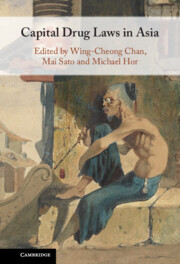
Capital Drug Laws in Asia
-
- Published online:
- 07 August 2025
- Print publication:
- 24 July 2025

Stability and Politicization in Climate Governance
-
- Published online:
- 07 August 2025
- Print publication:
- 21 August 2025
-
- Book
-
- You have access
- Open access
- Export citation

Aquinas and the Ethics of Happiness
-
- Published online:
- 07 August 2025
- Print publication:
- 21 August 2025

Enforced Disappearances
- On Universal Responses to a Worldwide Phenomenon
-
- Published online:
- 07 August 2025
- Print publication:
- 21 August 2025
-
- Book
-
- You have access
- Open access
- Export citation
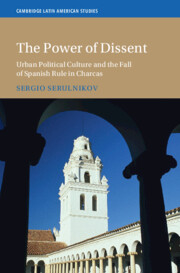
The Power of Dissent
- Urban Political Culture and the Fall of Spanish Rule in Charcas
-
- Published online:
- 07 August 2025
- Print publication:
- 07 August 2025

A History of India's Green Revolution
- Reign of Technocracy
-
- Published online:
- 07 August 2025
- Print publication:
- 21 August 2025

Extroverted Financialisation
- Banking on US Dollar Debt
-
- Published online:
- 07 August 2025
- Print publication:
- 21 August 2025

Zola's Dream
- Idealism on Trial
-
- Published online:
- 07 August 2025
- Print publication:
- 21 August 2025

The Theology of the Letter to the Galatians
-
- Published online:
- 07 August 2025
- Print publication:
- 07 August 2025

Outgunned No More
- The New Era of Firearms Industry Accountability
-
- Published online:
- 07 August 2025
- Print publication:
- 21 August 2025
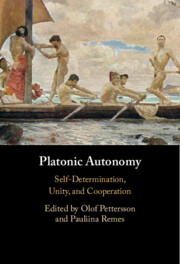
Platonic Autonomy
- Self-Determination, Unity, and Cooperation
-
- Published online:
- 07 August 2025
- Print publication:
- 31 July 2025

People v. The Court
- The Next Revolution in Constitutional Law
-
- Published online:
- 07 August 2025
- Print publication:
- 21 August 2025

Professional Tennis and Transnational Law
- Contractual and Regulatory
-
- Published online:
- 07 August 2025
- Print publication:
- 21 August 2025
-
- Book
-
- You have access
- Open access
- Export citation
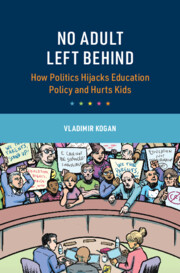
No Adult Left Behind
- How Politics Hijacks Education Policy and Hurts Kids
-
- Published online:
- 07 August 2025
- Print publication:
- 21 August 2025

The Cambridge Companion to British Postmodern Fiction
-
- Published online:
- 07 August 2025
- Print publication:
- 21 August 2025

Intellectual Property and the Human Rights of Companies in Europe
-
- Published online:
- 07 August 2025
- Print publication:
- 21 August 2025
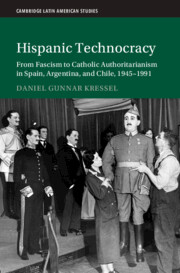
Hispanic Technocracy
- From Fascism to Catholic Authoritarianism in Spain, Argentina, and Chile, 1945–1991
-
- Published online:
- 07 August 2025
- Print publication:
- 14 August 2025
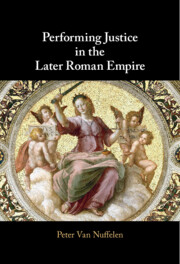
Performing Justice in the Later Roman Empire
-
- Published online:
- 07 August 2025
- Print publication:
- 21 August 2025
ASR volume 4 issue 4 Cover and Front matter
-
- Journal:
- African Studies Review / Volume 4 / Issue 4 / December 1961
- Published online by Cambridge University Press:
- 07 August 2025, p. f1
-
- Article
-
- You have access
- Export citation
4 - Why Generative AI Is Not Cyrano de Bergerac
- from Part I - Understanding Generative AI from Multidisciplinary Perspectives
-
-
- Book:
- The Cambridge Handbook of Generative AI and the Law
- Published online:
- 08 August 2025
- Print publication:
- 07 August 2025, pp 43-64
-
- Chapter
- Export citation
